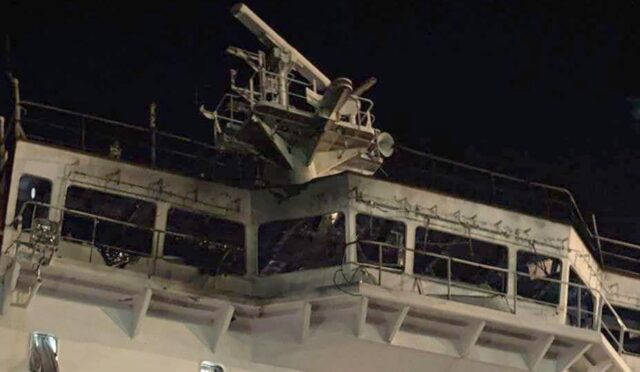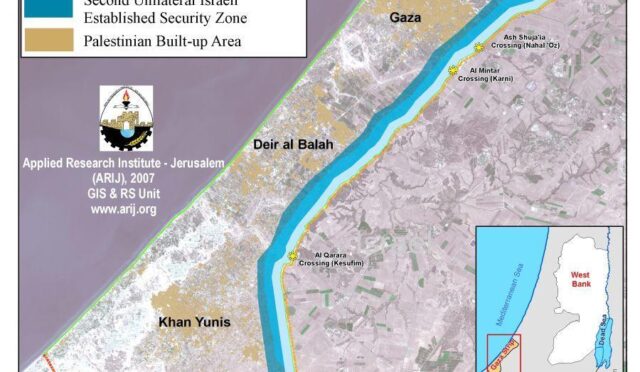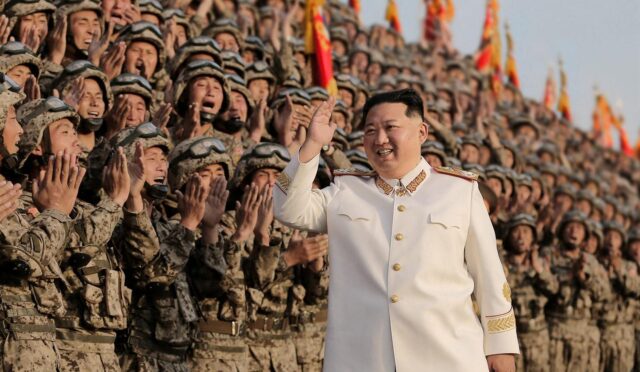Ukraine’s Concern Over Military Aid Amid Israel-Iran Conflict
On June 14, 2025, Ukraine issued a statement expressing concern that the ongoing military escalation between Israel and Iran could lead to a reduction in support for Kyiv. This warning comes at a particularly delicate time, as European assistance appears to be stalling in the absence of American involvement. Israel recently escalated its operations against Iran, targeting critical nuclear and military installations, as well as high-ranking officials. In retaliation, Iran launched a series of drone and missile strikes against Israel, intensifying the crisis and sparking international calls for both nations to exercise restraint.
In the face of these developments, Ukrainian President Volodymyr Zelensky underscored the urgency of maintaining aid levels to Ukraine. “We would like to see aid to Ukraine not decrease because of this situation,” he stated, referring to concerns that Washington might redirect resources to bolster its ally Israel’s defenses. Zelensky highlighted that European nations are yet to determine their strategy regarding Ukraine’s support if U.S. involvement diminishes, emphasizing the precariousness of the current aid situation.
Impact of U.S. Politics on Ukrainian Aid
The shifting political landscape in the United States, particularly with the return of President Donald Trump, has raised alarms regarding the continuity of aid to Ukraine. Trump’s administration has signaled a potential withdrawal of military and financial support, leaving European allies scrambling to fill any voids in supplies. Zelensky has urged a change in the U.S. tone towards Russia, calling it overly conciliatory and potentially harmful to efforts aimed at concluding the conflict.
As Trump has sought to reshape relations with Moscow, this has created uncertainty among NATO allies, who are grappling with the implications of a softening stance on Russia following Ukraine’s invasion. The recent Israeli attacks have also had economic repercussions, leading to a surge in oil prices, which Zelensky warned could inadvertently aid Russia. He reiterated calls for the West to consider implementing price caps on Russian oil as part of broader sanctions.
Potential Benefits of Recent Conflict for Ukraine
Despite the challenges posed by the Israel-Iran conflict, Zelensky expressed a glimmer of hope that these developments could lead to a decrease in Iranian military support for Russia. Iran has been a crucial supplier of drones that have been used in the ongoing conflict in Ukraine. Zelensky indicated that if the attacks on Iran reduce its capacity to supply such equipment, it might inadvertently benefit Ukraine’s military efforts.
As discussions around support and cooperation continue, Zelensky aims to address the possibility of price caps on Russian oil during an anticipated meeting with Trump. The dynamics of international relations in light of the recent conflicts suggest that Ukraine may find itself in a volatile yet strategically advantageous position, depending on the decisions made by global powers.
Prisoner Exchange Amid Intensified Conflict
In conjunction with ongoing military engagements, Ukraine and Russia marked a significant moment this week by facilitating a prisoner exchange, the fourth such exchange in just a few days. This action was made possible through agreements established earlier this month in Istanbul, indicating a glimmer of cooperation amid heated fighting. Kyiv reported that Russian advances in the northeastern Sumy region had been halted, a promising development for Ukrainian forces.
The prisoner exchange reflects a broader context of the conflict, which continues to devastate civilian life and infrastructure. Since Russia’s full-scale invasion began in February 2022, millions have been displaced, with extensive damage inflicted upon Ukrainian towns and cities. The agreements coming out of Istanbul have also led to the repatriation of unidentified bodies from Russia, though Ukraine has held back information on its own returns, reinforcing the complexity of ongoing negotiations.
Russia’s Continued Aggression and Ukrainian Resilience
Despite the prisoner exchanges and potential diplomatic openings, Russia has intensified its military offensive, particularly along the front lines in the Sumy region, where it seeks to establish a so-called ‘buffer zone.’ This tactic appears aimed at securing the Russian border region of Kursk, which has seen previous Ukrainian incursions. Zelensky reported that Ukrainian defenses successfully halted this advance and reclaimed a village from Russian forces, showcasing resilience in the face of ongoing aggression.
The conflict in Ukraine, fueled by continued Russian hostility, is far from over. Zelensky indicated that approximately 53,000 Russian soldiers were engaged in operations in the Sumy region. This highlights the enormity of the challenge faced by Ukrainian forces as they strive to maintain territorial integrity and repel ongoing assaults.







